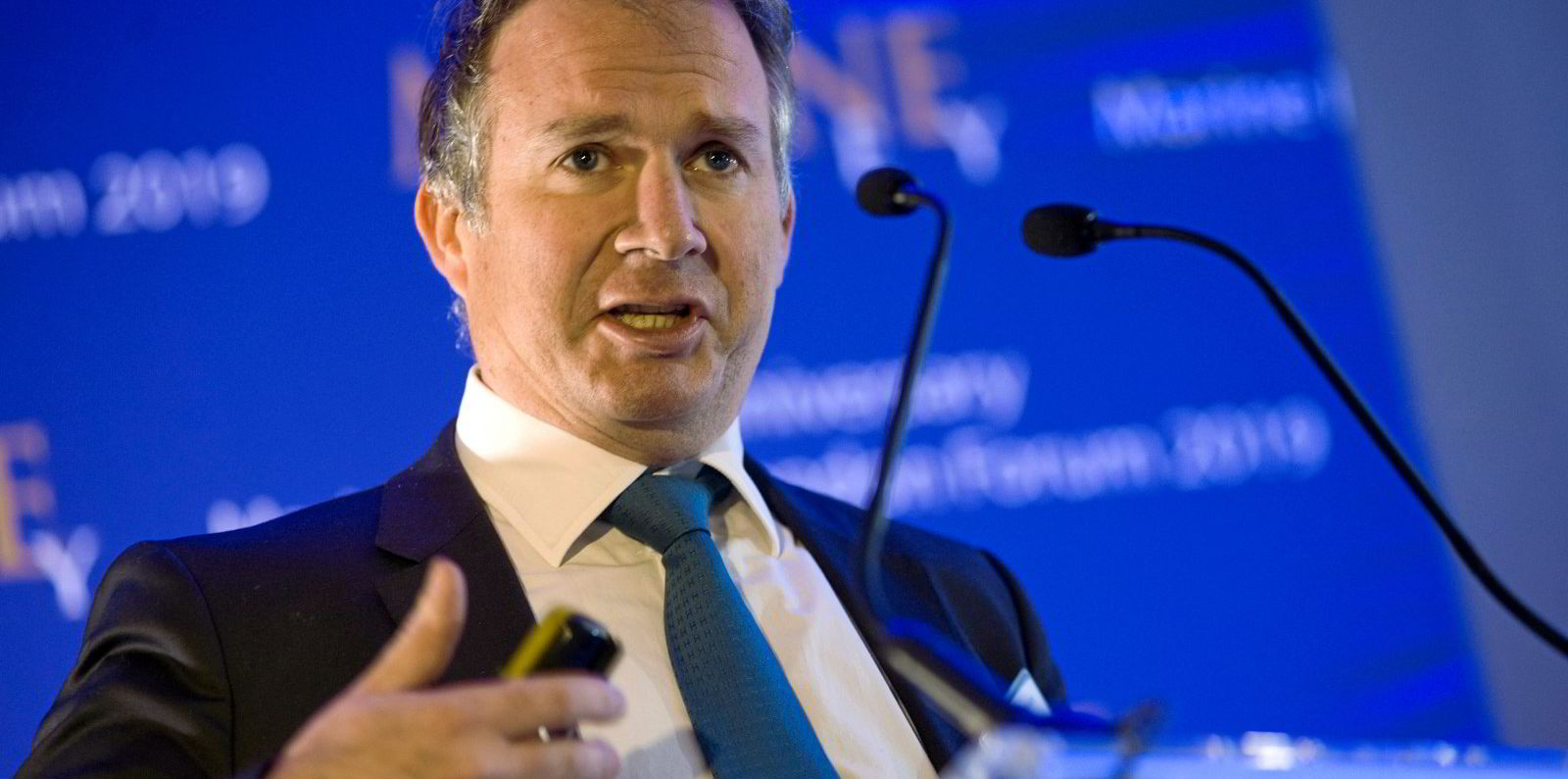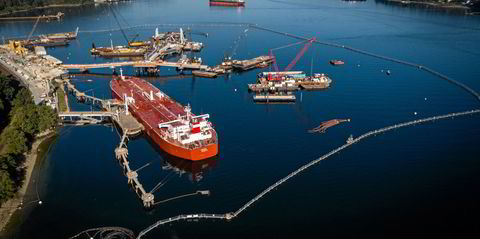Plenty of older crude tankers of unknown ownership are ready to move Russian oil outside of the price cap mechanism.
But UK shipbroker Simpson Spence Young (SSY) believes there is no equivalent “shadow fleet” of product carriers to move Russian exports.
This is creating uncertainty as to how this oil will be moved after the European Union ban on Russian oil products on 5 February, said Claire Grierson, head of tanker research.
EU-owned vessels will no longer be able to move Russian oil due to marine insurance restrictions, unless the oil has been sold at or below the price cap that the G7/EU has agreed.
“This should open EU vessels that had been moving Russian crude back up to wider trading opportunities, which should help alleviate some of the supply squeezes that the market has faced,” Grierson added.
Non-price-capped Russian oil would need to move on state-owned and third country-owned vessels that have state-backed insurance, as well as on “shadow fleet” vessels that have previously engaged in the carriage of sanctioned cargoes, she said.
“While this already exists for the crude tanker market, this has not been the case for the clean segment, so there is uncertainty in how, and to where, refined Russian product will move and in what volume,” Grierson added.
India and China have already increased their imports of Russian crude and it remains to be seen how much more they can take, and if it will be at a price-capped level, she continued.
Russian clean products have been moved to the Middle East, SSY believes, and there is scope for volumes to head to Latin America, Africa and the Indian subcontinent.
Western movement
Sustained longer-haul movement of refined products and the recent start-up of new refineries in the Middle East Gulf means more oil should continue to move west, Grierson said.
“However, there are factors that could take some of the strength out of the tanker market, which includes Opec+ cutting production, while inflationary and recessionary pressures are a risk to demand,” she added.
On the crude side, the relaxation in China’s zero-Covid policy is expected to lift import demand in 2023.
“But the biggest question is whether the additional volume required will be met by Russian oil, which would not be positive for the broader market, or other suppliers.”





